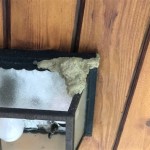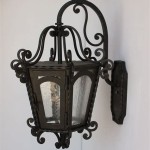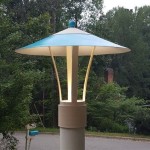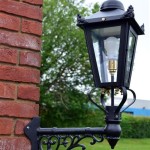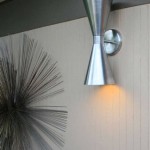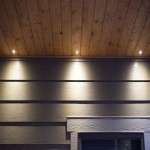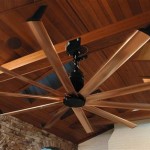Do Outdoor LED Lights Attract Bugs?
Outdoor LED lights have become increasingly popular due to their energy efficiency and long lifespan. However, one common concern among homeowners is whether these lights attract bugs. This is a valid concern, as bright lights can indeed attract certain types of insects. In this article, we will explore the factors that influence whether LED lights attract bugs and provide tips on how to minimize their appeal to insects.
Wavelength and Brightness
The wavelength and brightness of light sources play a significant role in attracting bugs. Insects are particularly attracted to short-wavelength, high-energy light such as ultraviolet (UV) and blue light. Traditional incandescent and halogen lights emit a broad spectrum of light, including these attractive wavelengths. LED lights, on the other hand, can be designed to emit specific wavelengths, and many modern LED lights emit less blue light and UV radiation than traditional bulbs.
Light Placement and Intensity
The placement and intensity of outdoor lighting can also affect bug attraction. Lights that are placed near doors, windows, or decks are more likely to attract insects because they provide easy entry points into your home. Additionally, bright lights that are constantly on can be irresistible to bugs, while dimmer lights or lights that are turned off during peak bug activity can be less attractive.
Insect Types
Different types of insects are attracted to different wavelengths of light. For example, mosquitoes and gnats are more attracted to blue light, while moths and beetles prefer UV light. By choosing LED lights that emit less of these attractive wavelengths, you can reduce the likelihood of attracting these specific insects.
Tips to Minimize Bug Attraction
Here are some tips to help minimize the attraction of bugs to your outdoor LED lights:
- Choose LED lights with a warm color temperature: Warm light sources, such as those with a color temperature of 2700K to 3000K, emit less blue light and UV radiation, making them less attractive to bugs.
- Use shielded or hooded fixtures: Shielded or hooded fixtures prevent light from being emitted in all directions, reducing the amount of light that spills over into areas where it may attract bugs.
- Install lights on timers: Setting your outdoor lights on a timer to turn off during peak bug activity can help reduce bug attraction.
- Keep lights clean: Dirt and debris can accumulate on light fixtures over time, making them more attractive to insects. Regularly cleaning your lights can help prevent this.
- Consider using bug-resistant LED bulbs: Some LED bulbs are specifically designed to emit less light in the wavelengths that attract bugs. These bulbs can be especially effective in areas where bug attraction is a major concern.
Conclusion
While LED lights do have the potential to attract bugs, the extent to which they do depends on factors such as wavelength, brightness, placement, and insect types. By choosing LED lights with a warm color temperature, using shielded fixtures, installing lights on timers, and considering using bug-resistant LED bulbs, you can effectively minimize the attraction of bugs to your outdoor LED lights.

Do Led Lights Attract Bugs 1000bulbs Blog

Do Led Lights Attract Bugs Super Bright Leds

Do Led Lights Keep Bugs Away Light Colors To Reduce Insects

Do Led Lights Attract Bugs Super Bright Leds

Do Led Lights Attract Bugs Outdoor Lighting

Do Led Lights Attract Bugs Outdoor Lighting

Everything You Need To Know About Led Lights Bugs

Do Led Lights Attract Bugs Electronicshub

Do Led Lights Attract Bugs Science Backed Answer Lighting Info

Do Led Lights Attract Bugs What To Know About And Insects
Related Posts
